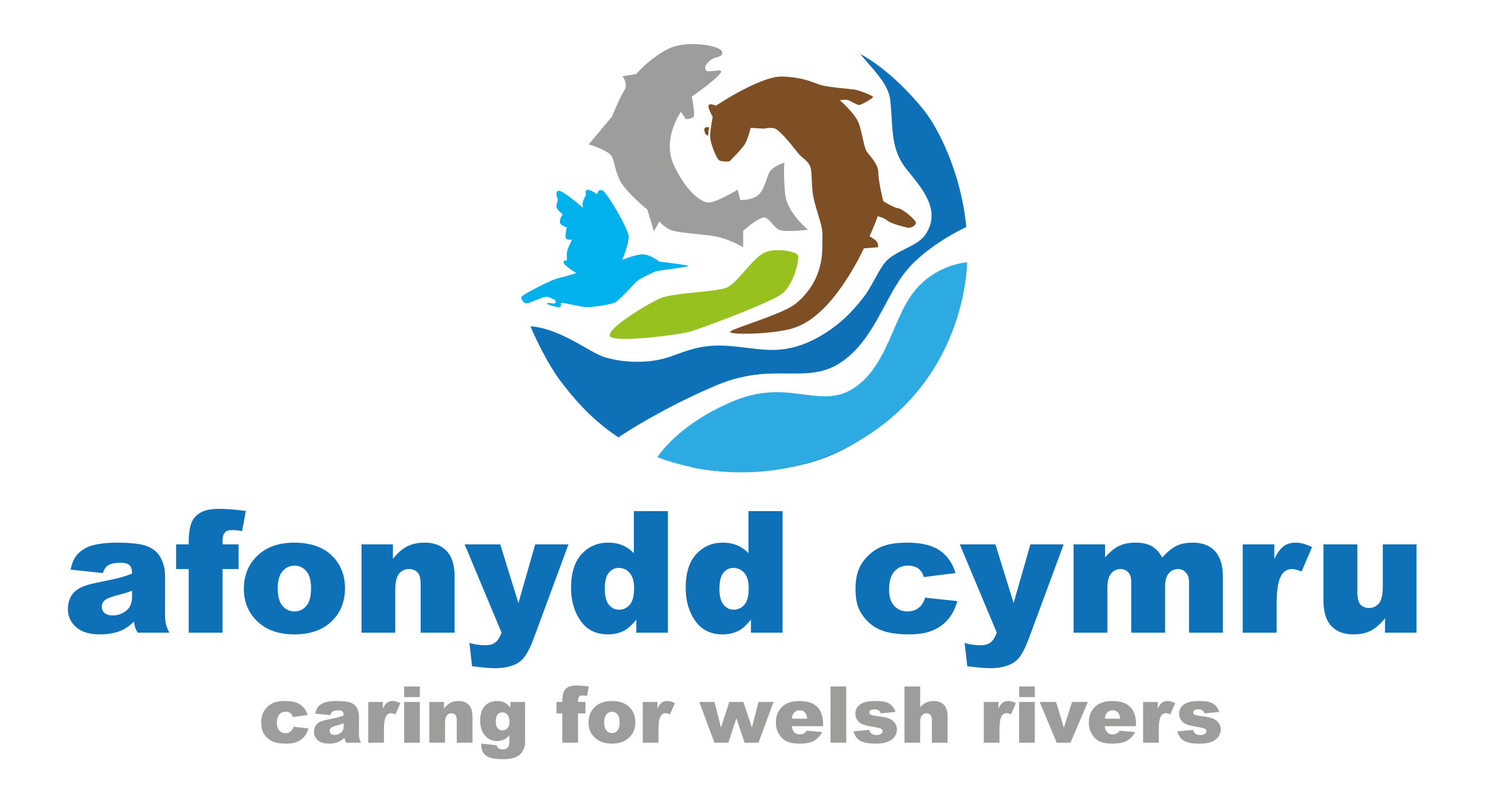The health of a river is largely dependent on the health of the soils in its catchment.
Yet with so much focus on the water industry and sewer overflows this relationship is often overlooked.
“Healthy” soils are high in organic matter and, most importantly, stay on the land and do not wash off into rivers in excessive amounts. And the relative health of a catchment’s soil will have a large say in both the quality and volume of the water in a river.
What causes soil loss to rivers?
The two videos below show one of the main reasons why soil ends up in Welsh rivers: inappropriate landuse.
The first video shows the effects of maize growing in West Wales, the second stubble turnip fields in the Wye and Usk catchments of Mid Wales.
Soil in Rivers – what’s the problem?
Much has been written on this issue but simply, a small amount of sediment in rivers is natural, usually harmless and can even be good.
Unnatural, excessive amounts of soil washing off land into water, however, can be very damaging for rivers and aquatic ecology.
These are some of the reasons why:
More reasons to keep soil on the land….
River flows
Healthy soil that stays put is beneficial for rivers in other ways. Its higher infiltration and storage capacity (compared to poor, compacted spoils) reduces floods that are damaging to humans and to rivers, and releases more water in times of drought. Healthy soil also stores a large amount of carbon and adds significantly to biodiversity.
Soil is a vital resource
And putting aside rivers and the environment for a moment, soil is of course a national resource essential to our food production that is being lost at a quicker rate than it is being produced. It is as important to farmers that soil stays on the land as it is for us to keep it out of rivers.
Cost to local communities
Much of the soil that washes off first blocks land drains, ditches and road drains, posing threats to local people from flooding. The clearing of these drains comes at a substantial impact to many communities in Wales, and at a substantial cost and resource to the local authorities who must deal with its impact. According to local media reports, Powys County Council’s yearly costs for clearing ditches increased from £443,672 in 2018 to £1,638, 212 in 2023. Meanwhile, Pembrokeshire Council’s annual highways drain blocking costs averaged £917,676 in the ten years up to 2023, with 53% of that being spent on “reactive” clearance.
The solutions?
Regulation
The recent Bolton review made recommendations for regulation to protect soils from run-off into rivers, recognising that in Wales there was a regulatory gap when it comes to this area. In particular, the growing of certain crops in certain areas at certain times of year (especially maize on slopes in winter) was recognised as a high risk activity.
Afonydd Cymru would support Dr Bolton’s recommendations and welcome support to farmers in the Sustainable Farming Scheme to change farming practices back to more sustainable grass and herbal leys. We would be keen for this to go further and provide regulation to remove these outcomes, particularly on rivers that are failing statutory targets.
Better farming practices
Improvement of soil health is beneficial to farmers, rivers and the local community. The implementation of riparian corridors provides a buffer to retain some soil and nutrient from entering the river. Planting cover crops may also help but as the below video shows, probably has limited effect in the case of maize planting at least.
Improved land management and the right choice of crop in the right place will yield far more for the farmer and reduce impact to the river.
Farmers’ Weekly: “8 things to consider before sowing maize”
Welsh Government Policy
Welsh Government policy needs to ensure that cover crops meet appropriate guidelines and deter stubble turnips and maize being used to damaging effect. We would wish to see funding to support long-term sustainable land management.
New over-arching legislation
So important is the relationship between soils and water that laws to ensure good soil health in Wales might well have had better outcomes for rivers than the current laws focused on water quality.
Unfortunately, a soils directive first proposed by the European Union in 2002 was eventually rejected in 2014, with the UK one of the member states voting against it. Meanwhile, the Water Framework Directive that was passed in 2000 has not delivered the outcomes needed by Welsh rivers or those across the UK.
The EU is trying again without us, drawing up proposals for a new “Soil Monitoring and Resilience Directive.” Meanwhile, here in Wales we have the Water Resources (Control of Agricultural Pollution) (Wales) Regulations 2021 and the Code of Good Agricultural Practice (CoGAP).
Although CoGap refers to good soil management (Chapter 4), neither of these really cover the issue of soil loss and poor soil health.
This was something recognised by a recent review of the agricultural regulations in Wales. In her report, Dr Susannah Bolton, the Chair of the review, recommended that formal measures to protect Welsh soils be introduced to the regulations.
Julie James MS, Counsel General and Minister for Delivery, announced in the Senedd recently that the Environmental Principles, Governance and Biodiversity Bill in Wales will be introduced before the summer recess. This includes the adoption of EU environmental principles into Welsh law. This is a real opportunity to adopt something similar to their new Soils Directive in Wales.
